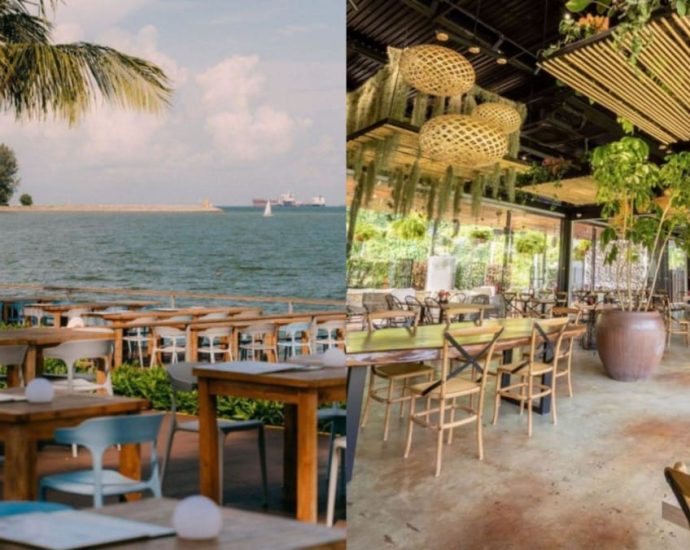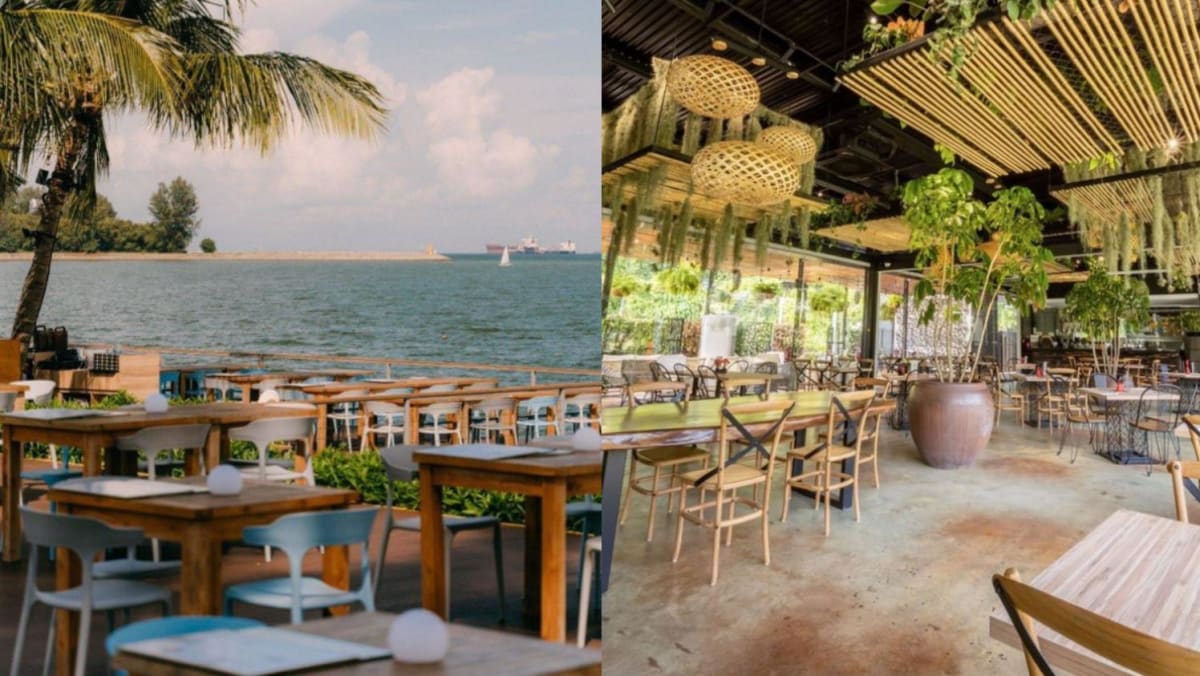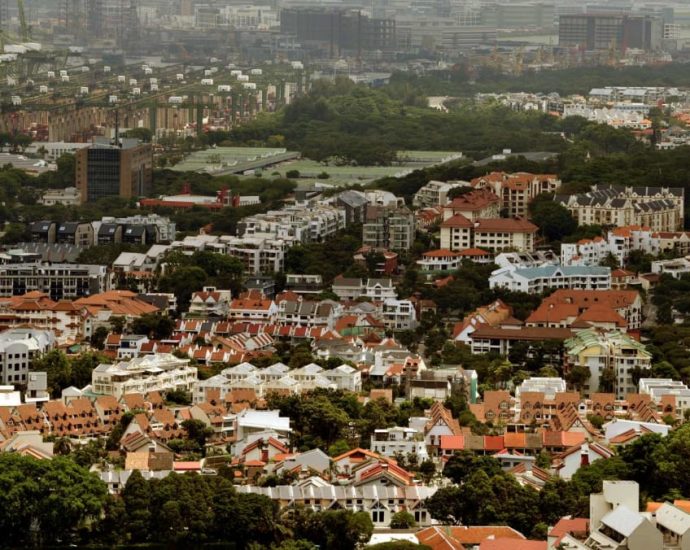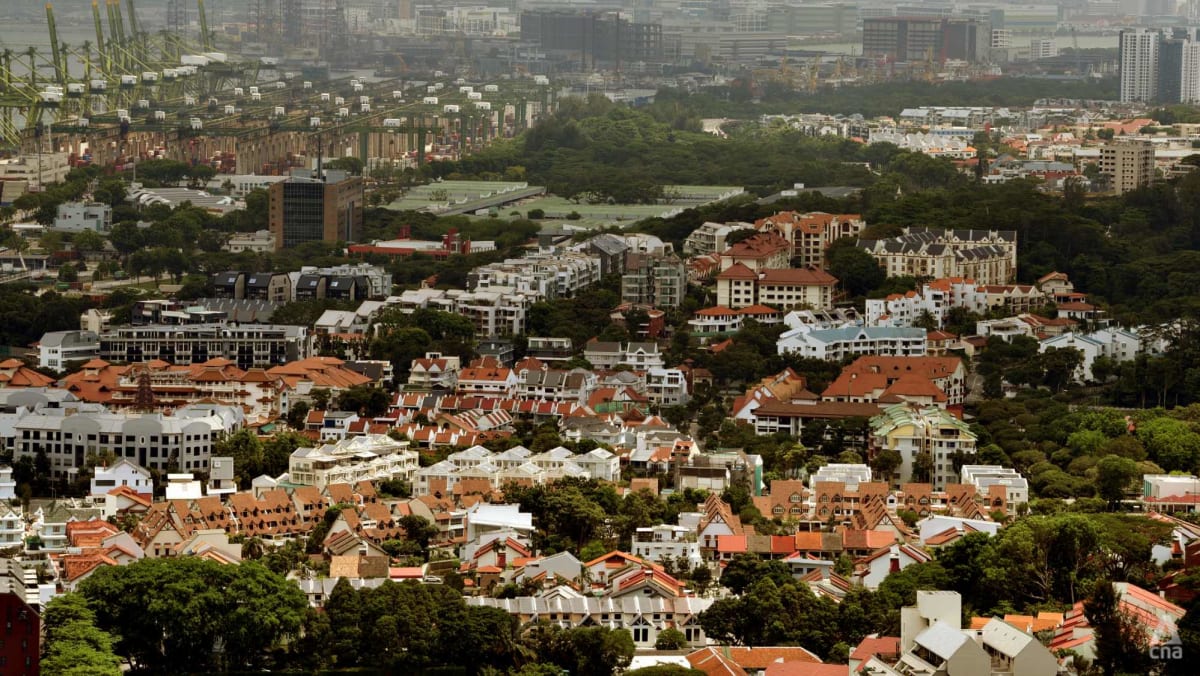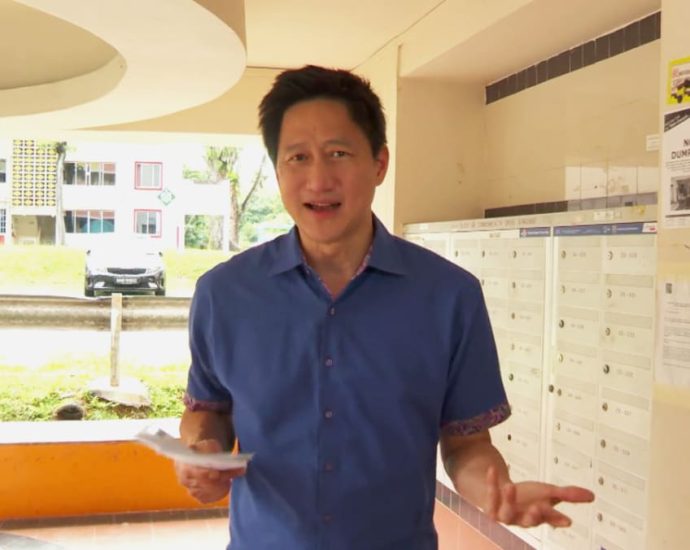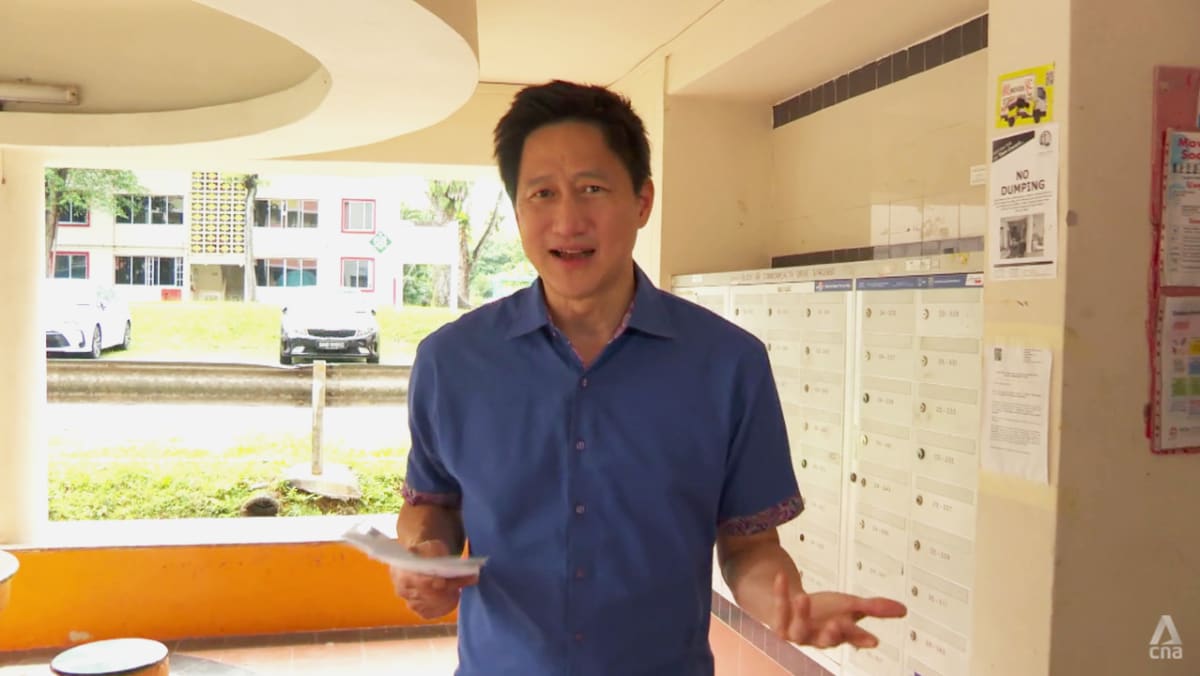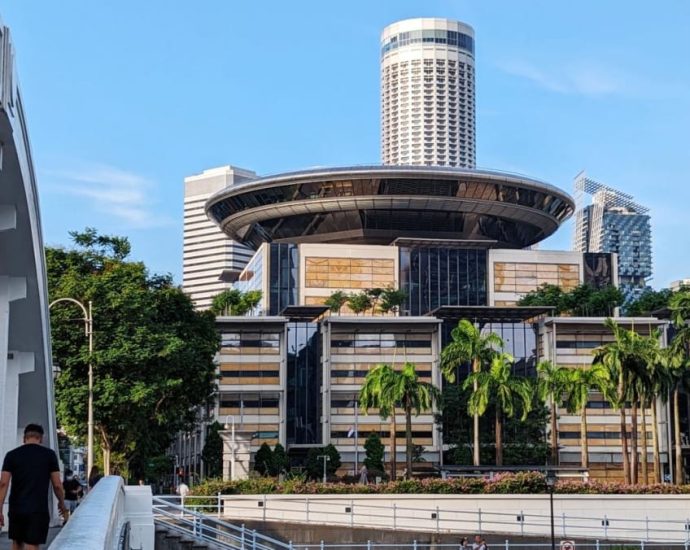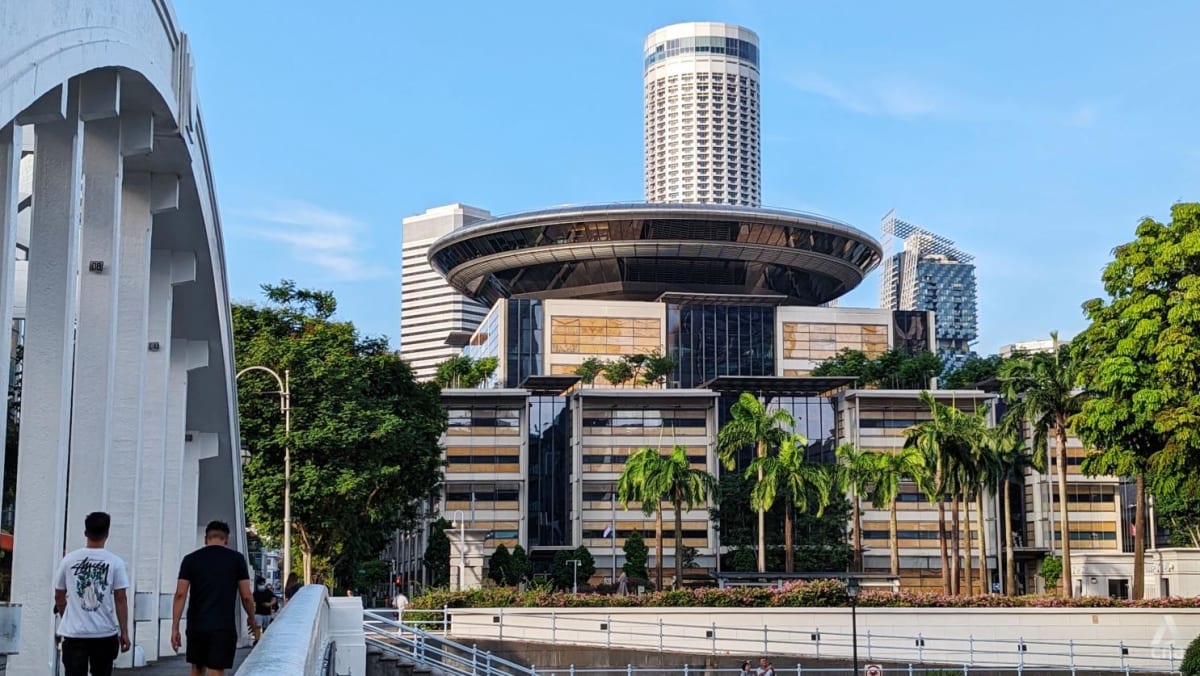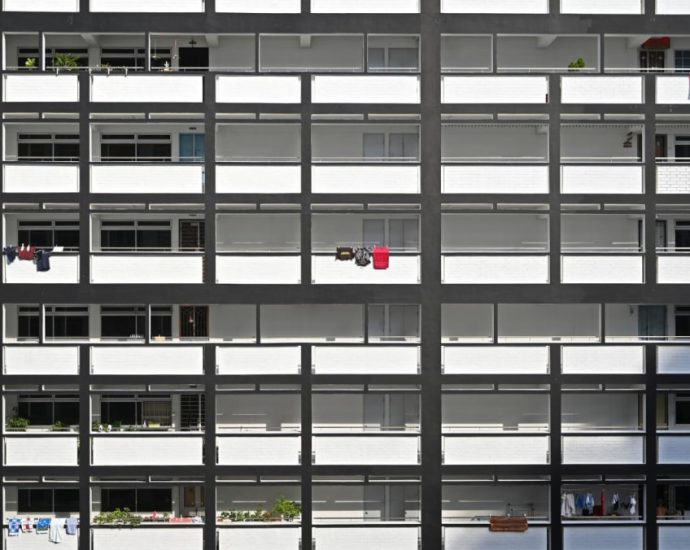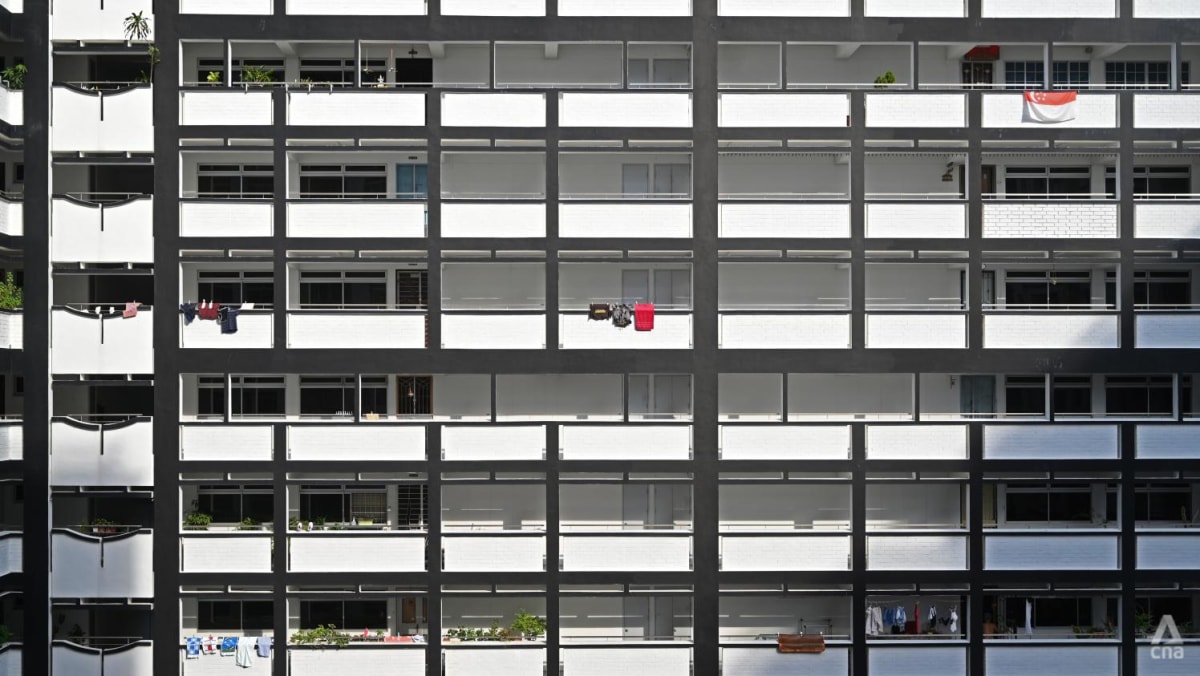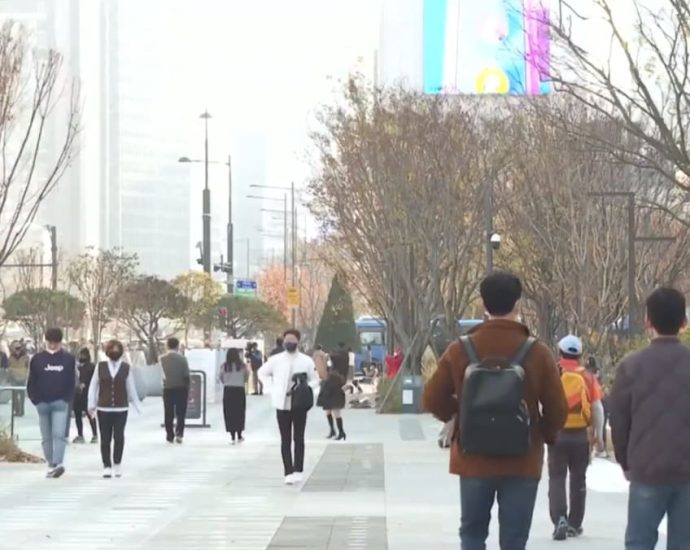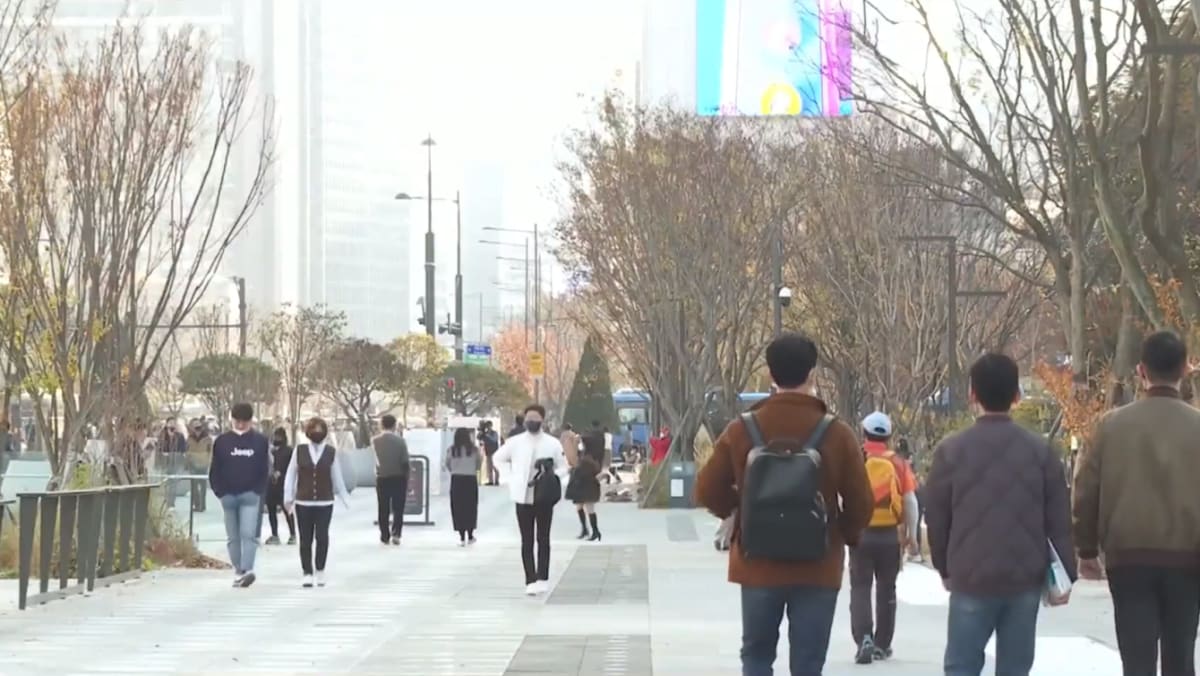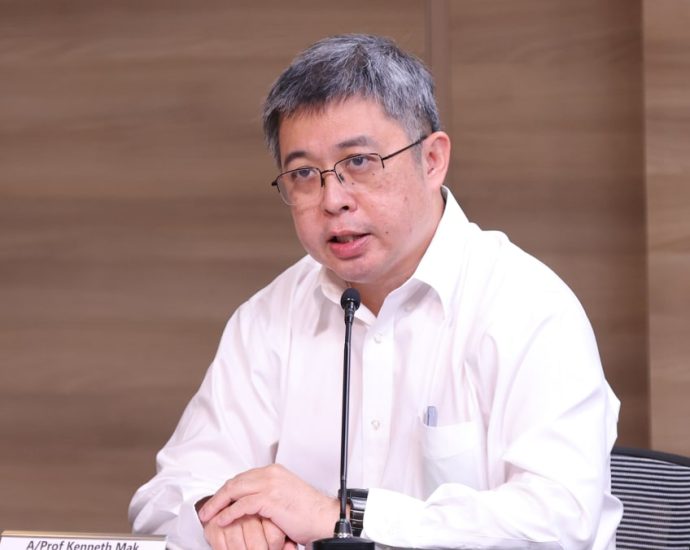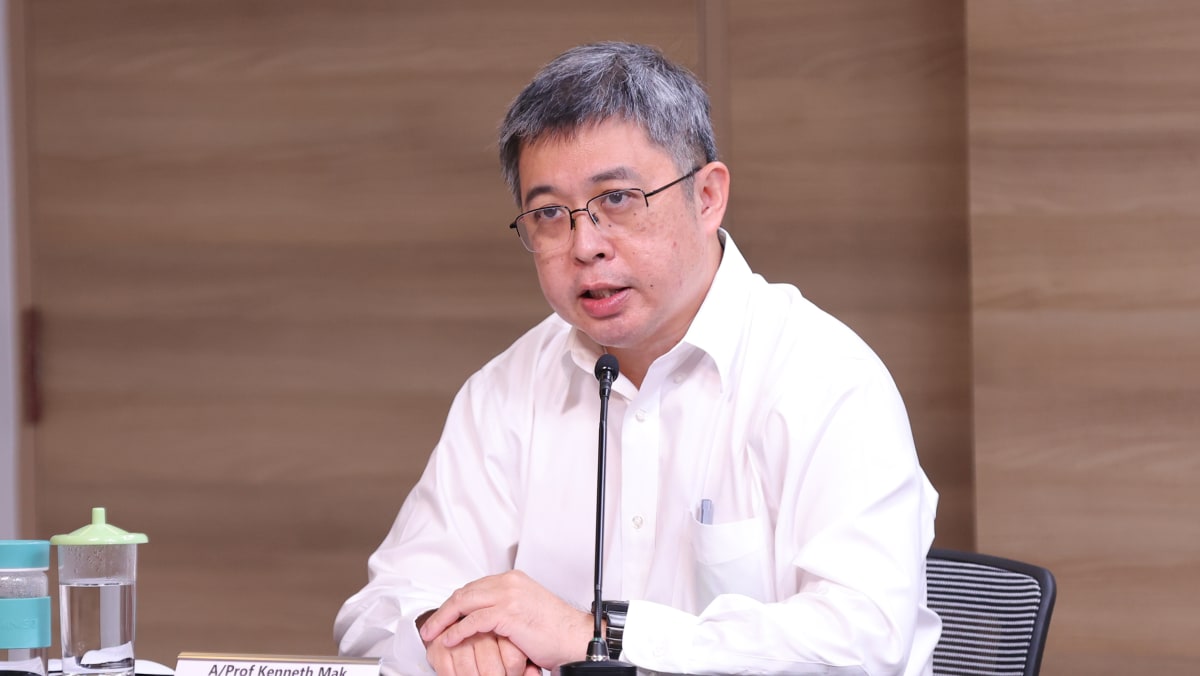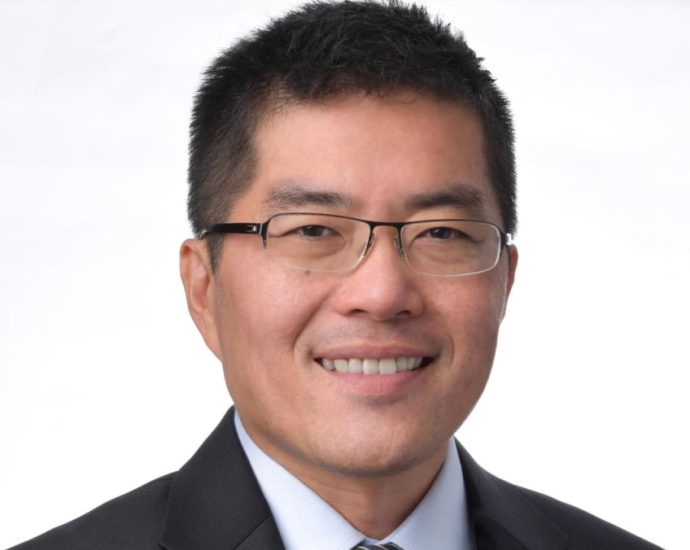IN FOCUS: The global scourge of child porn – how does it spread and what is Singapore doing about it?

“PARTICULARLY DISTRESSING”: PROSECUTOR
When the authorities manage to identify and nab the perpetrators, they are charged in court. But before that, investigators and prosecutors such as Mr Chong have to sift through the evidence, with some cases involving thousands of videos.
“Many of us felt nauseous when we viewed such clips, as they involved young toddlers or infants being harmed. It is particularly distressing when we can see or hear the children in distress or pain,” Mr Chong told CNA.
“Personally, I always feel most affected when I see a child unsuccessfully trying to cover their face when being filmed, as even this tiny bit of dignity is being taken away from them.
“There can also be feelings of helplessness, as the children appear to be in faraway countries. These children may never be rescued, and the people involved in inflicting such unspeakable harm may never face justice.”
He has advised his colleagues to take frequent breaks when reviewing such material, and to do it in the mornings so that the images “do not become the last thing we work on before going home for the day”.
Nevertheless, he said that their job was to remain objective and impartial no matter how grave the offence, and that they find it rewarding to successfully prosecute such cases.
Since the dedicated laws came into effect in 2020, the culpability of offenders has been “tiered” at every level, said the prosecutor.
Offenders who are involved in the production of such material can be jailed for up to 10 years. Those who download, stream, access, or possess such films can be punished with up to five years’ imprisonment. Caning and fines can also be imposed.
Those who distribute child sexual abuse material can be jailed for up to seven years, caned, fined, or a combination of those punishments. Before the new laws, such offenders could only be prosecuted for transmitting obscene material, which carried an imprisonment term of up to only three months and/or a fine.
THE REHABILITATION PROCESS
Following a conviction, some offenders will serve time behind bars and be placed in rehabilitation programmes.
The prison service said that offenders will undergo a psychological assessment to identify their risk of reoffending and intervention needs.
These psychological interventions aim to help them address problems with:
- Interpersonal relationships
- Self-regulation, such as difficulties in controlling inappropriate impulses or sexual urges
- Negative attitudes that support sexual offending
- Responsible use of the internet and other problematic online behaviours
- Using leisure time meaningfully
After this, inmates are guided to develop individualised risk management plans. Inmates will also undergo other rehabilitative activities, like work, religious counselling and family-based programmes.
After their release, they may also be referred to relevant agencies in the community for further counselling and support, if a psychologist assesses it to be necessary.
People who committed serious offences as specified in the First Schedule of the Prisons Act – which includes crimes involving child sexual abuse material – are required to undergo mandatory supervision and aftercare support upon their release. This includes curfew hours and electronic monitoring.
SPS said: “With the Mandatory Aftercare Scheme, better protection of society is achieved through closer supervision … of these serious crime offenders after their release, as well as enhanced aftercare support such as case management to assist their reintegration and reduce their reoffending risk.”


